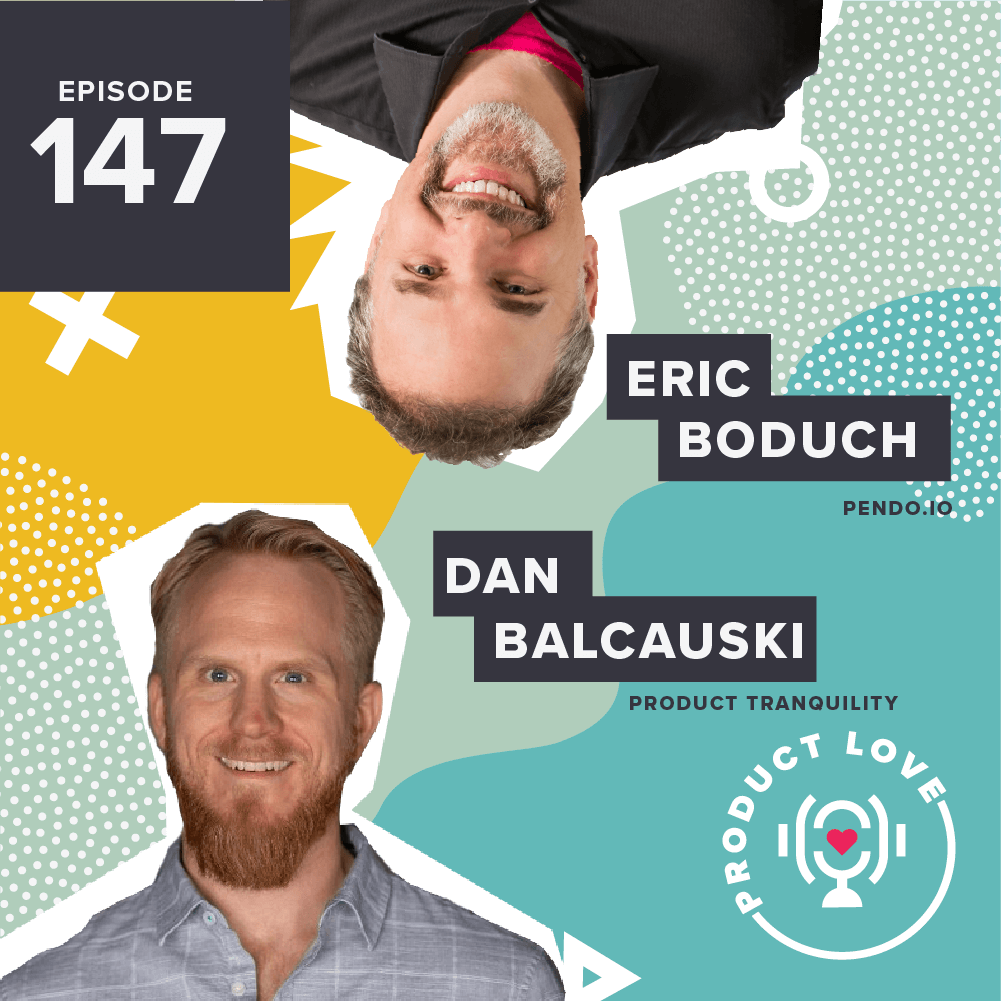This week on Product Love, I sat down with Hannah Chaplin, the CEO of Receptive. Receptive is the leader in product demand intelligence, which enables companies to make data-driven product decisions by translating demand from customers, internal teams, and the market into actionable insights.
We talked about product teams, roadmaps, and backlogs.
The Two Types of Product Teams
Hannah has met two types of product teams. The first type is the one that calls itself customer-focused. These teams take all feature requests, and their roadmap is primarily driven by customers. The second type of product team is very resistant to customer feedback. They want to be the primary owners of the product and the roadmap. However, Hannah believes there’s a middle ground that works for everyone.
To her, being customer-centric doesn’t mean being reactive to every piece of feedback. Instead, it’s about giving customers a good experience and recognizing their part in the product. Hannah calls for product managers to really understand the voice of the customer — they want to feel that their problems are being acknowledged.
Feedback can be an emotional experience for product managers. But ultimately, it’s an opportunity to create a positive and inspiring experience for teams, as well as set yourself apart from the hundreds of companies in SaaS markets. Hannah recommends making your customers’ experiences special by setting expectations up front. Consistently provide them updates on what you’re working on, and push for transparency between customers and the product teams.
Roadmaps and Transparency
Hannah previously published a whitepaper titled Product Roadmaps – A Product Team’s Friend or Foe. It examined how software companies build and use roadmaps. Roadmaps, unsurprisingly, draw out a diverse set of opinions and methods. One shocking result revealed that 80% of product teams put hard delivery dates on the product roadmap. Sharing hard delivery dates with customers or sales team can easily place you in a sticky situation. Another surprising result is that a lot of investors drive roadmap decisions, which was brand new information to me.
But the biggest takeaway is that there were few product roadmaps that were actually being shared with customers. The reluctance shows that many product managers don’t think of roadmaps as communication tools, whereas Hannah sees it as an opportunity.
Feedback Libraries
Ask any product manager what they feel when they see the word “backlog.” An overwhelming sense of dread? Misery? Stress? I mean, the word literally means an accumulation of unfinished work. Hannah challenges the notion of “backlogs” by calling them “libraries” instead. Thinking of them as libraries give product managers control over the data and resources they’ve accumulated. Backlogs are never-ending to-do lists, whereas libraries give people the liberty and creativity to draw information to create solutions.
In this case, the terminology offers a refreshing perspective on how we can perceive feedback, and can potentially transform how we find solutions.
Listen below to hear more, and remember to subscribe.


